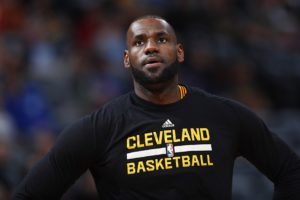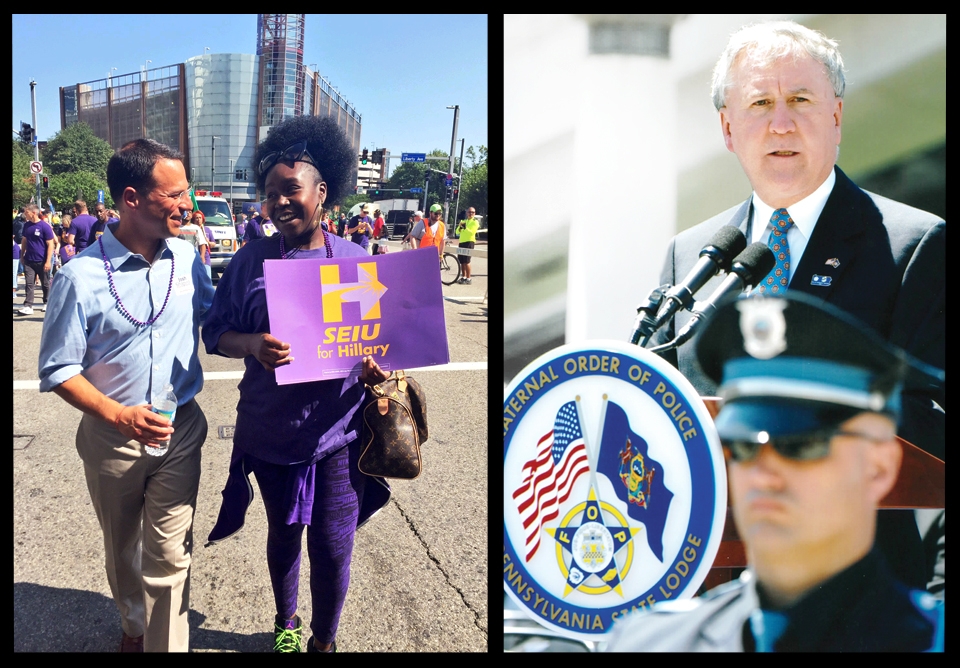
By Adam Lindner | Asst. Sports Editor
No professional sports league relies on the successes and sensational highlights of certain individuals quite like the NBA does. In a game that casts a spotlight upon its superstars, fans tend to notice when stars are missing.
Because of the importance of these individuals, much of the conversation surrounding the league recently has shifted to stars resting rather than their performances on the court.
On March 11, the Golden State Warriors were slated to face the San Antonio Spurs in a star-studded matchup on ABC’s primetime coverage. However, Warriors coach Steve Kerr decided to rest healthy stars Stephen Curry, Klay Thompson, Draymond Green and Andre Iguodala. He cited a desire to give his players a break on the heels of a road trip that included eight games and approximately 11,000 miles of travel over 13 days.
Anyone tuning in to see a potential Western Conference Finals preview instead saw little-known guard Ian Clark lead the Warriors with 36 points in a 107-85 defeat.
Similarly, the following Saturday, Cleveland coach Tyronn Lue rested the Cavaliers’ Big Three — LeBron James, Kyrie Irving and Kevin Love — during a nationally-televised game in Los Angeles against the Clippers, much to the dismay of television producers, announcers and fans.
In light of these instances, NBA commissioner Adam Silver issued a memo to each team in the league, stating that resting marquee players is “an extremely significant issue for our league.” The memo was obtained by ESPN.
In the note, Silver said that the issue will be a major talking point at the NBA Board of Governors meeting on April 6.
Additionally, Silver warned of “significant penalties” for teams that don’t follow the league’s rules for providing “notice to the league office, their opponent, and the media immediately upon a determination that a player will not participate in a game due to rest.”
He goes on to state that it is intolerable for owners to defer decision-making on this topic to others in their organizations who may not have the same understanding or regard for the impact that these decisions can have on the “perception of our game.”
While resting healthy players certainly doesn’t appease many, it makes perfect sense from a coach’s perspective, as league standings are virtually gridlocked.
Spurs coach Gregg Popovich has utilized this strategy successfully during his career. In fact, Popovich has been largely credited for extending the careers of several of San Antonio’s aging stars, including Tim Duncan, who retired this past offseason after a 19-year career.
However, readily benching healthy players may point to even more pertinent issues that the league faces: how mundane the NBA regular season is, and how unevenly divided the league’s talent has become. With such separation in the standings, coaches preserving a players’ health and freshness for the postseason is entirely practical.
Why would LeBron play against the Clippers in the front end of a back-to-back with the Cavs’ spot in the top-two of the East practically solidified? Even if Boston is able to usurp Cleveland for the top seed in the East, it’s unlikely that it’d even matter come playoff time when LeBron & Co. are sure to peak.
However, the inevitability that we will witness a third consecutive championship series between Cleveland and Golden State later this spring strips the regular season of its appeal.
The Warriors acquired Durant due to the league’s new television deal. This deal caused a spike in the salary cap, which left many teams with abundant cap space and many players drastically underpaid.
Golden State used this opportunity to acquire Kevin Durant while many of their other stars aren’t being paid like they soon will be. Two-time MVP Steph Curry is being paid approximately $12 million this season, but figures to be make much more on his next deal.
While there are no immediate steps to decrease the discrepancy of talent from team to team, there are certainly potential ways that the NBA can discourage teams from resting stars.
In order to end this epidemic, it’d be wise to shorten the preseason and begin the regular season in early October instead of late October. This would lengthen the amount of time available to fit the annual 82 regular season games into. This way, there would be dramatically less back-to-back games for teams and more time for resting between games.
While this idea fails to make the regular season any more significant, it would likely aid in the attempt to decrease the number of healthy players resting. It’s a start.



